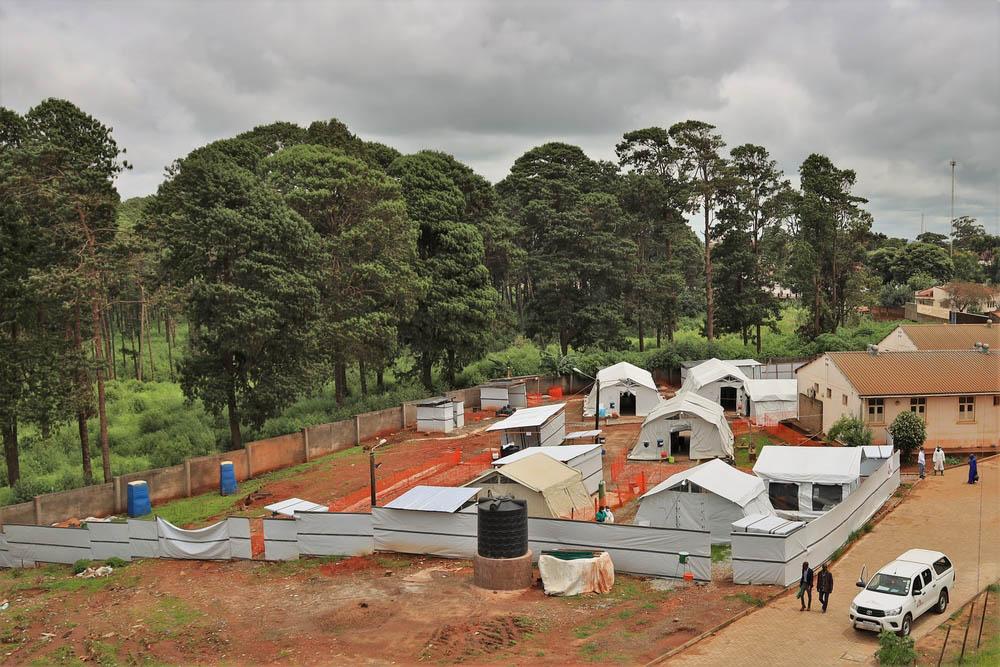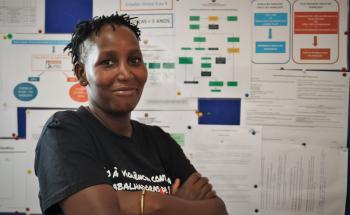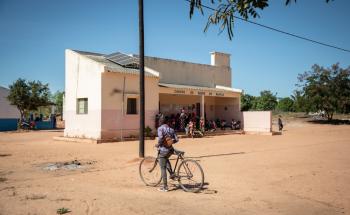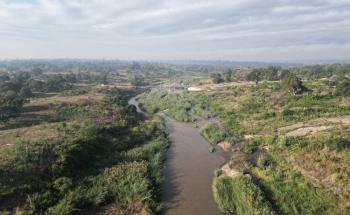Following a reduction in the number of cholera cases, Doctors Without Borders (MSF) has ended our response supporting the Mozambican Ministry of Health in the northern province of Niassa. This area was the most affected by the country's recent upsurge of the disease.
MSF completed activities the first week of March following the launch of an oral cholera vaccination campaign by the health authorities targeting 719,000 people in Mozambique, 556,000 of them in Niassa.
Since January, MSF worked closely with local authorities, other organisations and communities to help control the spread of the disease. According to the health authorities, there have been 2,927 cholera cases in Niassa between mid-September and early March. As of 6 March, only 28 patients remained hospitalized in the province's cholera treatment centres (CTCs).
When my son started showing symptoms, we rushed to ensure he received support. He could not walk, so we took a motorbike. I was very worried but now I feel relief to see he is improving,” says Amis.Mohamed Amis, a 78-year-old father, accompanied his son, Mohamed, to the CTC in Meluluca.
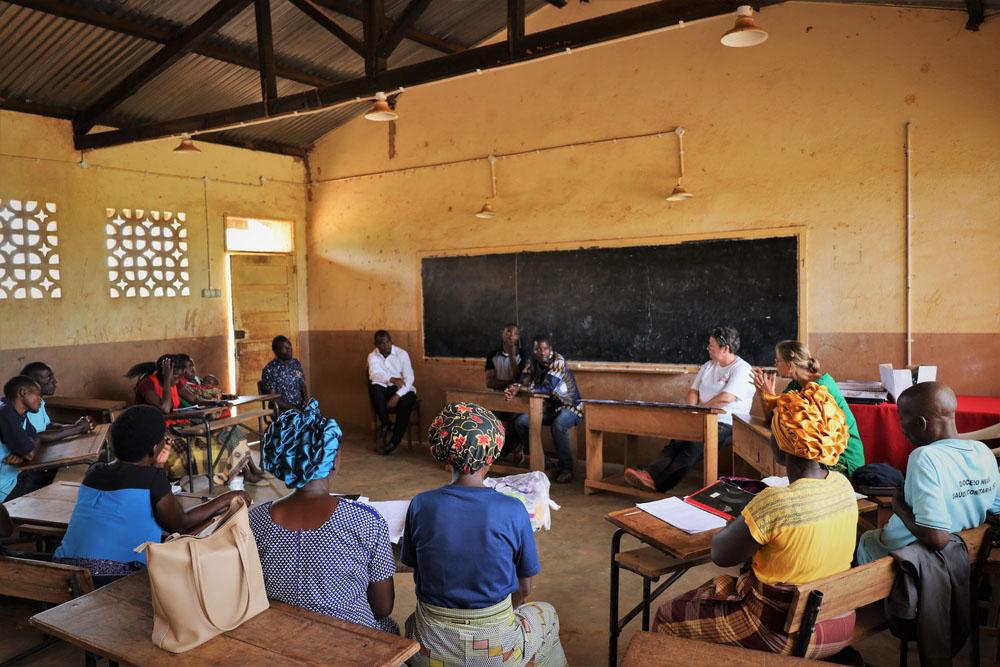
ʺThe collaborative response to cholera in Niassa was a good example of what can be achieved when local authorities and humanitarian organisations work together in critical situations,ʺ says Cristina Graziani, MSF’s emergency coordinator for the response.
As part of our work in Niassa, MSF set up and strengthened CTCs in the provincial capital, Lichinga, as well as in seven other locations
Mohamed Amis, a 78-year-old father, accompanied his son, Mohamed, to the CTC in Meluluca. “When my son started showing symptoms, we rushed to ensure he received support. He could not walk, so we took a motorbike. I was very worried, but now I feel relief to see he is improving,” says Amis.
MSF also donated equipment, including 147 cholera beds, 500 hygiene kits for patients’ families, 4,000 litres of Ringer Lactate
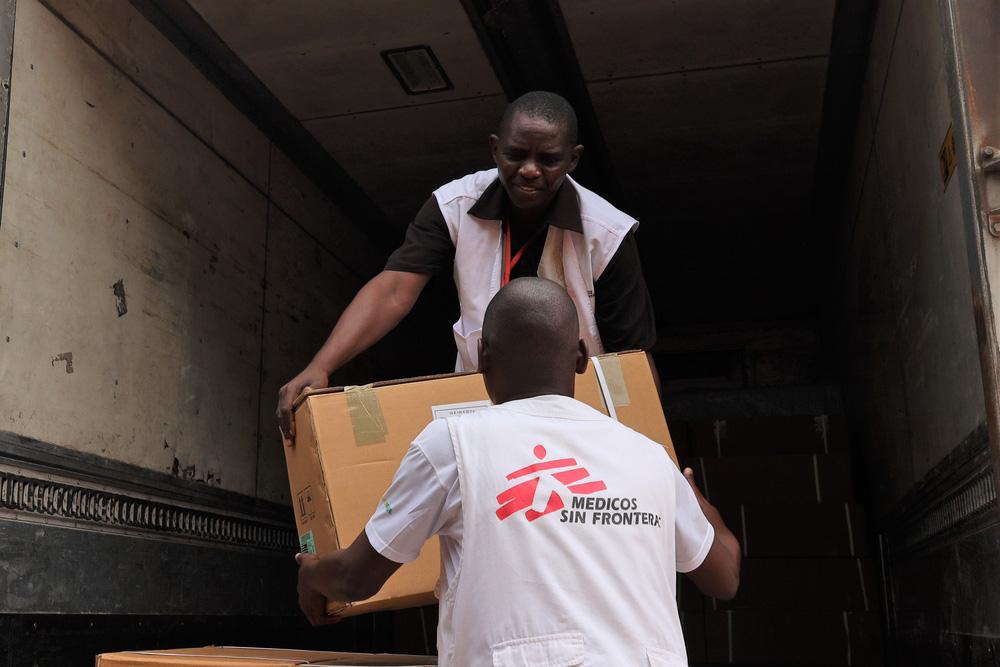
ʺWe disseminate messages on good hygiene practices and safe drinking water,” says Rehema Cajica, a health community volunteer who participated in a training. “When we hear that someone has symptoms of cholera, such as vomiting and diarrhoea, we ensure the person drinks water to avoid dehydration and goes to a health centre as soon as possible. It is very important that everybody knows this in our community, as this information saves lives.ʺ
Although the number of cases has now decreased in Niassa, MSF continues to follow the epidemiological trends in the province. At present, cases of cholera have been observed in five other provinces across the country – Gaza, Manica, Sofala, Tete, and Zambézia. According to the country’s Ministry of Health, between September 2022 and March 5, Mozambique registered a cumulative figure of 7,237 cases and 38 deaths. As cholera has been recently detected in other provinces, additional efforts are required across the country, including adequate management of patients in CTCs, following the national protocol, as well as preventive measures and early detection of cases to be referred at a community level.
MSF continues to work closely with the national and provincial authorities in Maputo, Sofala, Tete, Nampula, and Cabo Delgado to provide support in preventing and responding to cholera. To assist in the response to cholera and diarrhoea across the country, MSF recently donated 100,000 individual doses of oral rehydration salts.
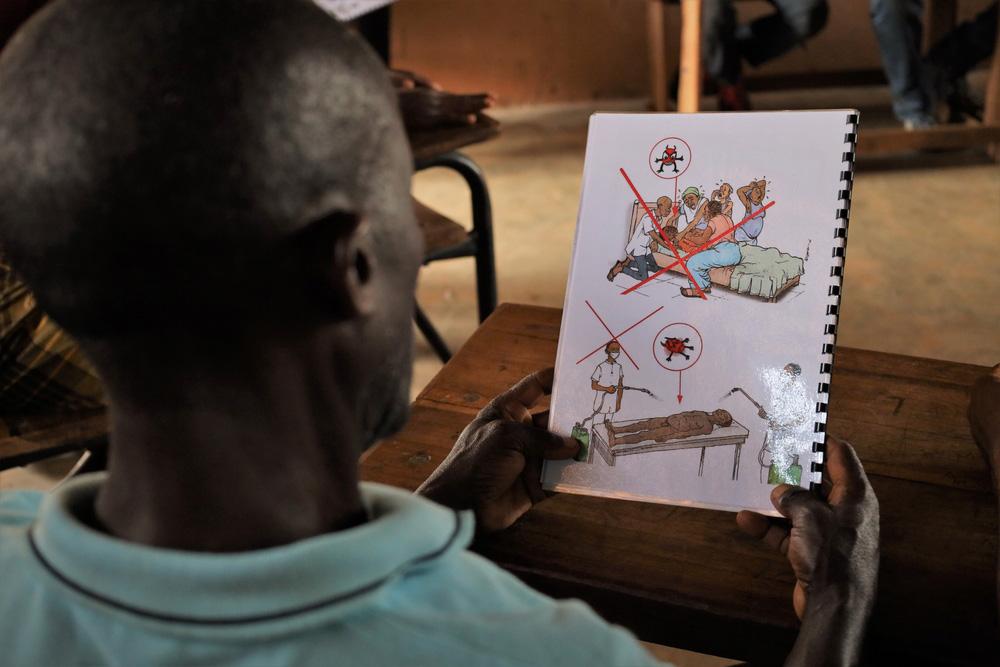
MSF has been working in Mozambique since 1984 and for more than 30 years has responded to medical and humanitarian needs countrywide. Cholera is endemic in Mozambique. It is highly contagious and occurs in settings without clean water and proper sanitation. It causes profuse diarrhea and vomiting, and without treatment can quickly lead to death by intense dehydration. MSF has a long history responding to people’s cholera-related needs alongside Mozambican authorities.
